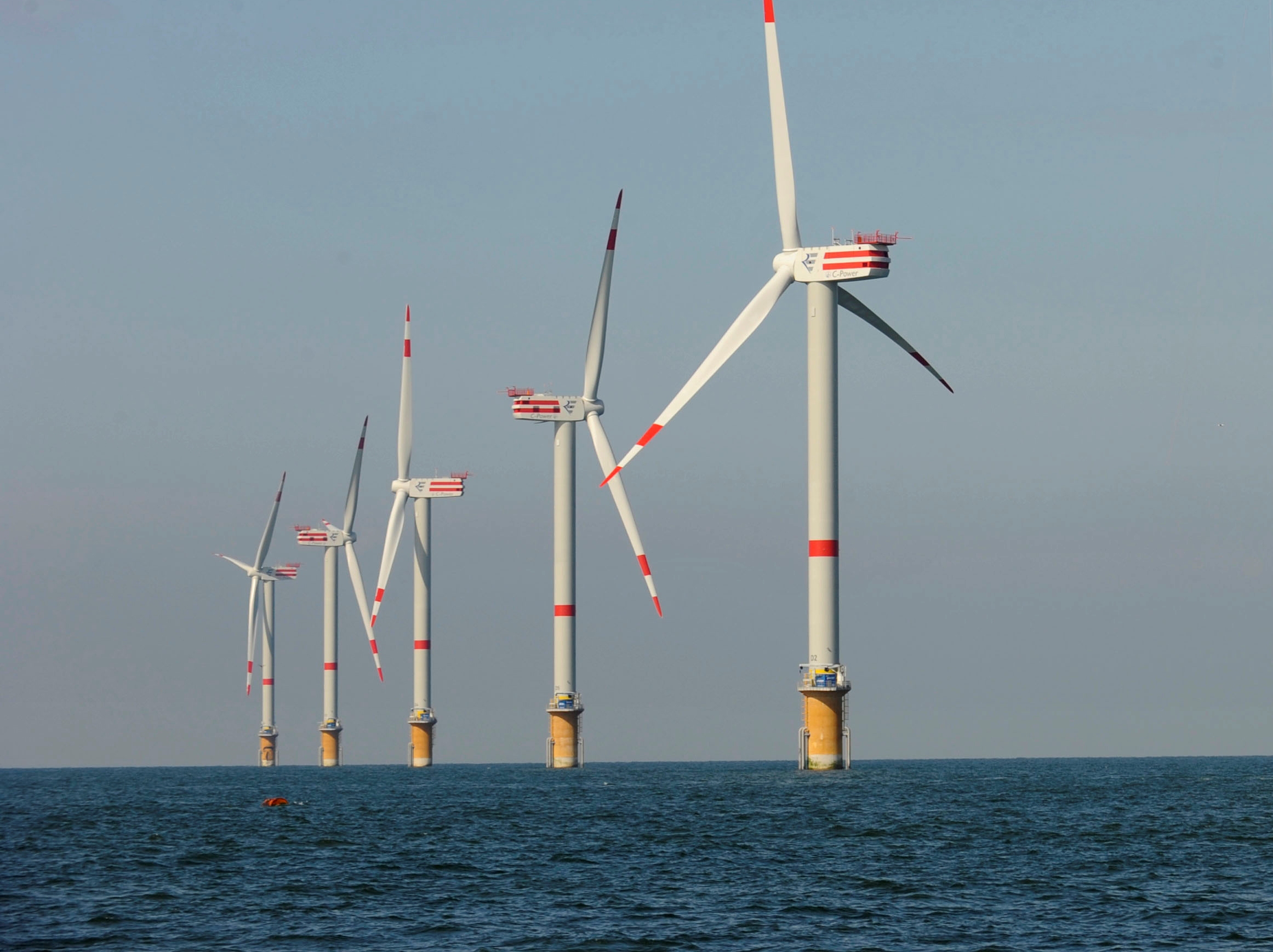Silencing the 11%
Most Scots support climate action – it’s not a fringe or minority position. Scotland continues to be heavily impacted by climate change – 2025 is already a record-breaking early wildfire season with an estimated 65 square kilometres in Galloway Forest Park being burnt. Scotland showed itself to be a frontrunner with a number of ecological initiatives, namely declaring a climate emergency in 2019, but there is a concern that the delivery of climate-emergency mitigating policies hasn’t matched early levels of enthusiasm. Debbie Bassett, NatureScot’s climate change and COP co-ordinator said: “The impacts of climate change are already happening in Scotland” so why have we taken our foot off the pedal (of our electric car)? Reading Peter May’s A Winter Grave, set in a scarily relatable near future where people’s lives are decimated by climate change (if you haven’t, Glasgow is underwater,) it’s all too evident why we’re all invested in making the impacts of climate change less terrifying, immediately. So, if polling, numerous studies, good, hard data demonstrate that people want their governments to be doing more, why aren’t they?

Until now it was claimed that there was insufficient appetite for change amongst the electorate. A recent study has shown that 80-89% of the global population want their governments to do more to tackle the climate emergency – even if there is a personal financial cost to such policies. I cannot overstate how nice it is to be writing about a positive tipping point for once – as opposed to the sort that means we properly broke the earth beyond repair. It’s not that the voices of the 11% don’t matter, but, thanks to the basis of democracy, their voices matter much less than the running narrative would have you believe. If I was to be unattractively cynical, I might postulate that some of that 11% have less to lose from climate breakdown because they enjoy enough privilege to ride it out in greater comfort than most of the world’s people. It might also suggest a mildly undemocratic proximity of our elected officials to the fossil fuels industry. Aside from being a vote-winner, climate action is also good for the economy – helpful to say the least.
We must avoid this becoming another culture war – but how? This is less straightforward – a reminder that there are some who still like flat Earth theories and plastic straws. Perhaps a mixture of ignoring those who insist on ignoring the science and seizing the momentum of the majority to take meaningful action and make long-term progress.
Galvinist Principles
A real hot-button issue surrounding decisive climate action is the touchy subject of renewable energy. Near limitless green, cheap (potentially even free) energy is pretty universally agreed to be a good thing. What’s less unifying is the question of where to site (especially onshore) wind farms. Rural communities remain a little wary of vast multinational corporations rocking up and telling said communities what’s good for them – all the while facilitating them paying some of the highest energy prices – people can be so finicky like that. The Breakish Wind Farm Action Group is opposed to Swedish corporation Arise’s plans to erect sizable 180m turbines on ground that is both Class 1 peatland, and economically highly dependent on tourism/being a pristine haven for wildlife – urgh – locals.

The Scottish Highlands and Islands are host to a great deal of existing and proposed renewable energy infrastructure – despite having some of the highest energy bills and rates of fuel poverty nationally. The plummeting costs of both solar and wind should mean that those in proximity to the sites generating the electricity, ought at least to enjoy fair rates – preferably favourable ones. Octopus founder and CEO Greg Jackson described Scottish electricity users as being victims of ‘absolutely screwed pricing.’ The combination of largely old housing stock, lack of competition in the heating oil and LPG market and higher unit prices reflective of higher distribution costs are among the reasons that Highlanders pay more. Skye enjoys energy costs that are up to £1000 higher than even Scottish averages – especially irksome when it’s predicted that around ¾ of the UK’s onshore wind capacity will be Scottish-generated by 2030.
We have the will – let’s find the right way
The uproar caused by the proposed (still undecided) zonal or differential pricing is South East exceptionalism writ large. Evidenced by the fact that zonal pricing would cut bills across the whole of the UK – it feels a bit petty to say it’s ‘unfair’ that Northern Scotland should pay less given that the South would enjoy a reduction in energy bills too. As readers are painfully aware, Scottish electricity has standing charges that are 50% higher than those for users in London. The movement towards renewables is vastly complex but, should we wish to be reductive, we need to emit less carbon and people shouldn’t be paying so much for energy – not least when it’s ‘green.’ It also provides a unique opportunity to recalibrate our energy system and regionalise it so that it’s both cheaper and fairer. Given the 89% ‘mandate,’ what about something even more radical – what about making energy a regional, community-owned service rather than a national grid? This might make the communities that have to host the wind farms, cabling, pylons and solar battery storage a little bit more amenable, keep Scottish resources out of the hands of the (tax-dodging) multinationals and provide meaningful long-term employment in rural communities.
11 is not a lot of percent, Donald.
We must challenge what has been termed the ‘spiral of silence’ and push the will of the 89% of us who want to have a habitable earth and for our children to enjoy the same. We must not tolerate the lack of political motivation (see earlier cynical suggestions as to why) and we must tackle this deficit in democracy – 89% of the electorate agreeing on anything is a figure democratic leaders can only dream of – enough of the excuses, already. Furthermore, given the hissy fit Reform threw over an ‘obsession with net zero’ it demonstrates just how much they do not speak for the people.
The will of the people is clear and undeniable: politicians need to get to it.

Yes, politicians, governments need to start taking more serious action. Already very late, the word radical – dreaded by governments, officials and those who prefer their comfortable status quo – describes the action that’s needed NOW.
BUT, the 89% need to up-the-anti and start demanding, shouting for, the changes that are needed. Until that happens their governments and politicians will continue dithering.
And yes, plastic straws and cotton buds are little more than diversionary trivia compared with what’s needed. People need to start making bigger scale lifestyle changes, adapting to what might be needed…at the same time as demanding governments get on with handling the (just?) transitions that are so urgent.
Not entirely sure that people born and raised on Skye with a dead car, a 40′ shipping container and a collection of white-good relics in their garden who’s kids have to travel 40 miles to school and 40 miles back for five days are that concerned.
Are that concerned about what?
This is a wonderful piece, Mike, so I have purchased the book and hope it is a contribution. albeit very small.
The question is how do we harness the 89% into a collective action piece?
It is astonishing listening to people who oppose regional pricing of electricity claiming it is unfair on consumers in SE of England while also explaining how it is only fair that due to cost of infrastructure needs that those in north of Scotland have to pay higher standing charges.
The fact that it gets colder and consequently energy needs and costs get higher as you go further north is also summarily dismissed.
Hopefully the sheer hypocrisy of these two positions will make people wake up in Scotland.
In one sentence you managed to say that regional pricing is good and also say that regional pricing is bad.
I think many Scots vaguely support climate action in theory. Most Scots don’t want an electric car or a reverse-engineered AC system. Most Scots want cheaper petrol and gas, more roads, bigger cars, more oil refineries, and more out of town shopping barns to drive to.
Saving the planet, net zero, just transition, and renewable energy are really meaningless marketing slogans from the ruling class that don’t stand up to the slightest bit of scrutiny – the same kind of empty-headed brainlessness that got us in this position in the first place.
“Most Scots want cheaper petrol and gas, more roads, bigger cars, more oil refineries” : )
Do you understand how crazy that sounds?
Much to agree with.
Zonal pricing. Nope. Need to split the market, CAPEX generation (fixed price) and OPEX-based (mostly gas – use the existing marginal system to get a price). Then have a hybrid wholesale price which reflects true costs of generation. At the moment marginal pricing is functionally incapable of doing this. As for the x-border interconnectors, only the gov should be allowed to operate and benefits (= arbitrage) passed on to those that buy elec. Won’t happen because the elec traders/parasites have the ear of Starmer.
In the case of Scottish communities – the answer is very simple. You, mega-greed corp want to build 100MW on-shore wind farm. ALL communities within .. 20kM radius (30km??) of said wind farm are 1st helped with their own community energy system (solar, wind, bats, electrolyser). When that is done – then you can develop. Communities 1st, mega-greed corps 2nd. Oh & legislation so that ALL elec from a community energy system gets free transport on the distribution network – all cost passed on to those living in large cities (on the basis that the latter have better access to a very wide range of societal goods – that rural communities don’t).
Done. There is no reason why, within 5 years most rural communities in Scotland could not be enjoying elec @ 5p/kWh.